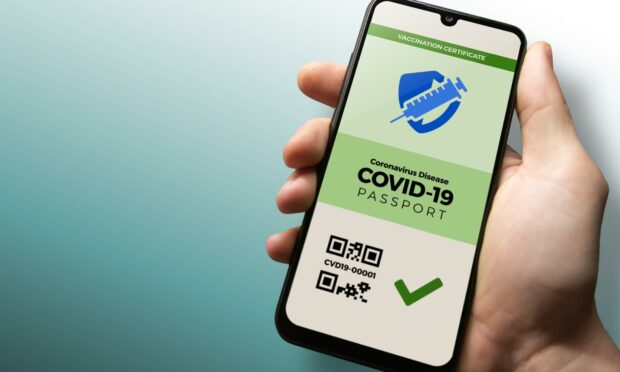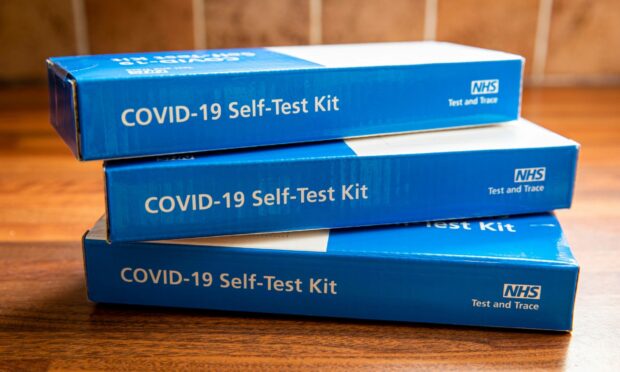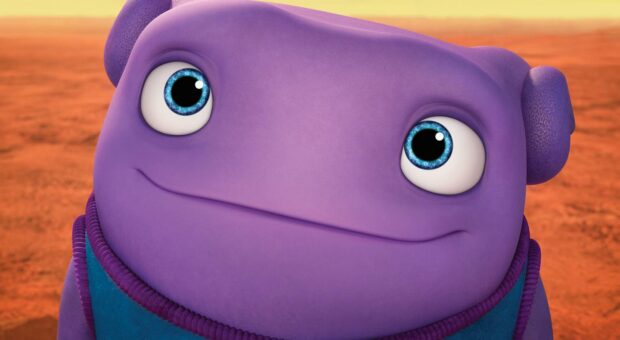On Tuesday, the Scottish Government will decide whether to extend the vaccine passport scheme to include settings such as pubs and restaurants.
As those for and against the idea earnestly debate the finer points of the policy, I can’t seem to bring myself to feel invested in the outcome of tomorrow’s decision.
Some hospitality businesses have said that extending the scheme would impact their ability to trade. It’s a time consuming thing to check the vaccine status of patrons.
What if some would-be customers decide it’s just not worth the hassle?
And then there’s the question of effectiveness.
Critics of the scheme say the Scottish Government has failed to provide the evidence to show that vaccine passports have made a substantial difference to case numbers or vaccine uptake rates.
These are compelling arguments. But they are not the only ones.
Price worth paying
Equally persuasive is the notion that these administrative inconveniences are preferable to the kind of harsh restrictions we’ve seen over the last 18 months.
And if asking people to wear a mask on public transport or show their vaccine status before they enter a busy venue could help us avoid a return to more restrictive measures, then surely that’s a price worth paying?
As important as wealth-generating businesses are, theirs aren’t the only interests we should take into consideration.
For some Scots, coronavirus remains a deadly threat.
Many who are immunocompromised or have underlying health conditions feel like they’ve been forgotten about, as the rest of us argue over whether we should have to flash our phones at a bouncer before we head into a pub.
There are no easy answers. In truth, there probably isn’t even one correct answer.
As we’ve heard so often, these decisions are all about balance.
How far we’ve come
Maybe we should take comfort in how far we’ve come.
This week, we’re debating whether you should have to prove you are vaccinated before you go to certain places.
I’m old enough to remember when vaccines were a distant dream and when we were only allowed out for one hour of daily exercise.
I also remember the debate of that time: when people were sparring over the definition of ‘’exercise’’ and whether mums should be allowed to sit on the grass while their kids played.
I think that’s why I’m struggling to find a reason to really care about the decision that the Scottish Government will take tomorrow.
It all feels so small-scale, during a period of time where big, life-altering changes have become the norm.
Pandemic “stole our ability to feel certainty”
That’s not to say I don’t understand people’s frustrations. I absolutely do.
One of the most joy-sucking aspects of the pandemic is that it has stolen our ability to feel certainty.
We’re standing on shifting stands. The detail of our daily lives depends on decisions taken elsewhere.
We’re at the mercy of an unseen virus, the power of which can’t be underestimated.
Spontaneity is dead. While life, on the surface, looks much as it did pre-pandemic, it’s nothing but a false promise.
This semi-normality is as unsatisfying as skimmed milk. It’s processed cheese slices wrapped in plastic.
It’s a bowl of colourful potpourri that has lost its scent.
It’s no fun, basically.
We’re seeing our pals but we’re doing lateral flow tests before we head out.
We’re jumping on the train to go to a concert but we’re masking-up beforehand and flinching at the unexpected coughs of strangers.
We’re relieved that our kids are back in school but we feel a pang of sadness when we’re told that parents aren’t allowed to attend the nativity this year.
We are angry at our government for acting like everything is fine, while we read stories about those lives that are still being claimed by the virus.
I’m not an expert in many things, but when it comes to kids’ movies I’m a bit of a connoisseur.
Sad-mad is a step up from sad-sad
Home is an underrated animated film from 2015 about an alien race known as ‘the Boov’ who invade earth and chuck all the humans out.
It’s cheerier than it sounds and the tunes are great.
In one scene, one of the friendlier Boov is trying to understand the confusing human emotions of the lead character, Tip – a plucky wee girl voiced by pop superstar Rihanna.
When the alien goes missing she’s sick with worry. When he eventually returns, she kicks him in the head.
He can’t work out if she’s angry or upset. She tells him that humans can sometimes feel both at once.
“So, you’re…sad-mad?” he asks her. I think that’s where we’re all at just now.
It doesn’t matter what the Scottish Government decides tomorrow. Deep down, we’ll still be sad-mad.
Coronavirus has made sad-mad our default emotion.
It’s a step up from sad-sad though, so at least we’re making some progress.


